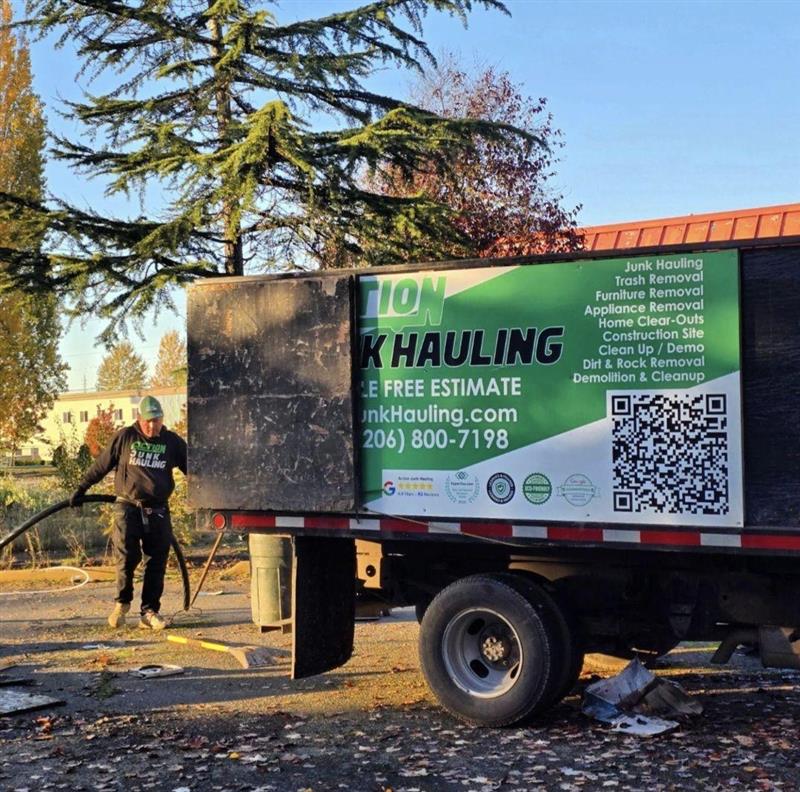Every property transaction begins with trust between a client and a professional. Some professionals work under a strict structure while others enjoy freedom. The difference shapes the process and the results. Both models have strengths that help buyers and sellers move with confidence. Understanding how these systems function helps clients make better choices. It also helps professionals select the right career environment. The topic of real estate agent vs broker with great difference is essential for those entering or navigating the housing market today.
Independent Paths and Agent Freedom
An independent agent often works with full control over daily operations. This autonomy allows fast decisions and flexible marketing actions. The agent builds personal brand identity and owns direct client relationships. Independent work can be exciting and rewarding. However such freedom also brings risk and responsibility. Without a guiding broker the agent must learn laws and contracts alone. Mistakes can lead to legal or financial trouble. Successful agents maintain networks for advice and training. Autonomy gives strength when paired with discipline and awareness.
Broker Oversight and Guided Systems
A broker provides structure and guidance during every stage. Agents under a broker follow clear systems for transactions and documentation. This oversight ensures compliance with state rules and ethical standards. A broker invests in training and supervision that protect both agent and client. The environment feels supportive and well balanced. Broker leadership can also enhance marketing reach and brand recognition. Many new agents find this structure helpful for growth. Oversight builds confidence and shields from many common errors. It creates a dependable path for steady progress.
Support Systems and Career Development
Support can mean mentorship training and shared tools. In a broker setup help arrives quickly from managers or peers. Educational programs teach negotiation and compliance practice. Independent agents create personal systems using technology or hired help. Both approaches demand dedication and learning. Growth happens through experience and feedback. A solid network helps handle complex deals smoothly. Continuous education builds credibility and performance. Every agent must design a support structure that matches work style and ambition. Growth never ends in this field.
Commission Models and Balanced Rewards
Money structures differ across these models. A broker often takes a share of each deal for provided resources. That share covers marketing and administrative support. Independent agents keep full earnings but also carry full costs. Each system has a unique reward balance. Some choose steady support while others prefer complete control. The right choice depends on skill level and risk comfort. Understanding these differences improves negotiation and planning. Balanced rewards come from aligning goals with the proper operating model. In real estate structure shapes success.




